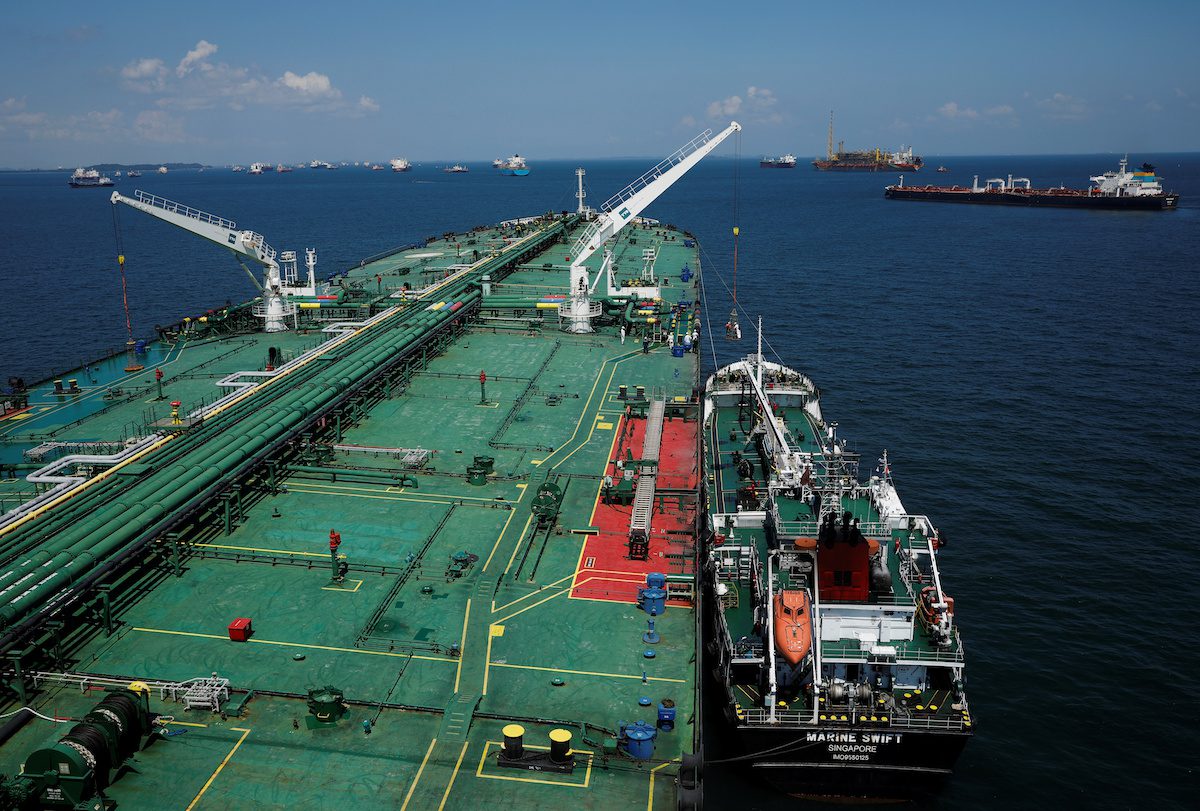
"Bunkering vessels play a crucial role in the maritime industry by supplying fuel to ships while they are at sea or docked at ports. These specialized vessels are equipped with storage tanks for holding various types of fuel, such as diesel, gasoline, or liquefied natural gas (LNG). They typically use hoses or transfer arms to pump fuel from their tanks into the receiving ship's fuel tanks."
"Bunkering operations require careful coordination and adherence to safety protocols to prevent spills or accidents. Before bunkering begins, both the bunkering vessel and the receiving ship undergo safety checks to ensure that all equipment is in proper working order. Communication between the vessels' crews is also essential to ensure that the bunkering process proceeds smoothly."
"Once everything is ready, the bunkering vessel approaches the receiving ship and establishes a connection for fuel transfer. The rate of fuel transfer is monitored closely to prevent overfilling and to maintain stability on both vessels. After the bunkering operation is complete, safety checks are conducted again to ensure that no fuel leaks or spills have occurred."
"Overall, bunkering vessels play a vital role in keeping ships fueled and operational, enabling them to navigate the world's oceans efficiently and safely."